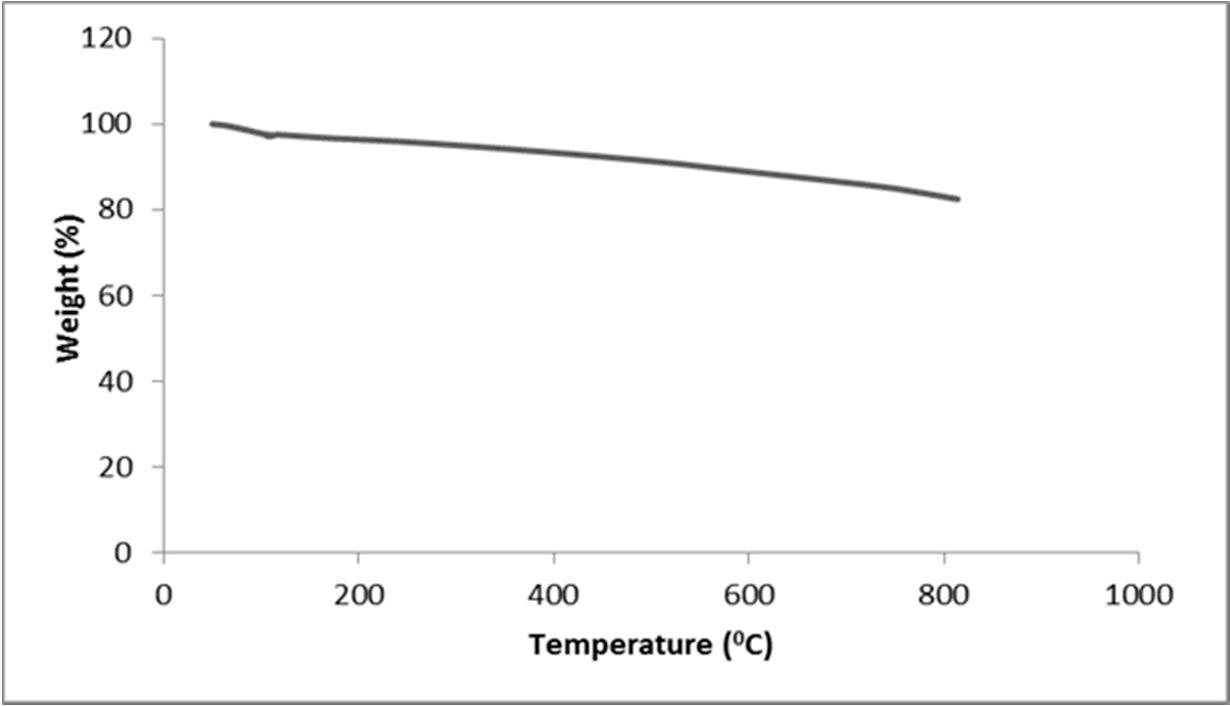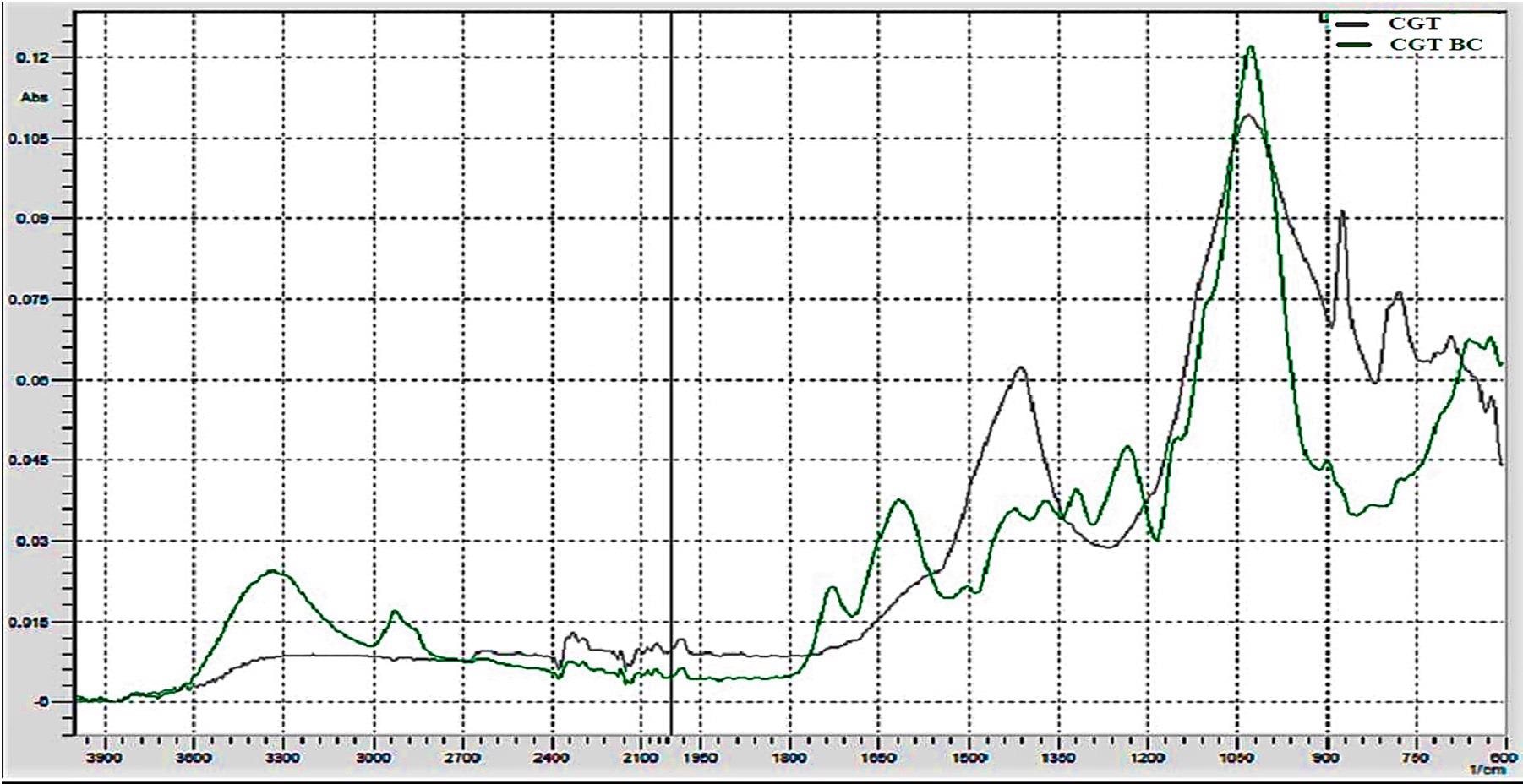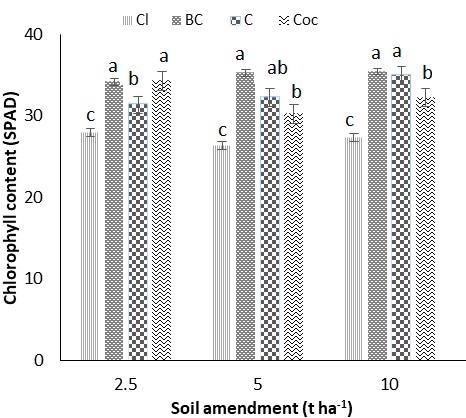The textile industry uses vast amounts of cotton to manufacture products such as clothing, towels, and bedclothes globally. The global textile industry is worth nearly $3 trillion USD, with China possessing a 50% share of the market. It is estimated that between 2016-2018 the world consumed about 26 million tons of cotton, which is the principal source of natural fibers used by the global textile industry.

Thermogravimetric analysis (TGA) of cotton gin trash biochar. Image Credit: Qurat-ul-Ain et al., Sustainability
The cotton ginning process creates vast amounts of waste. It is estimated that the biomass produced as a result of the process is in the region of 50 million tons annually. Cotton ginning trash consists of stalks, seeds, leaves, burrs, and husks. This material is rich in elements such as potassium, nitrogen, phosphorous, and micronutrients. These elements are essential parts of soil additives. However, permanganate lignin, which makes up 22% of the organic material, hinders its direct use as a soil amendment.
Utilizing Cotton Gin Trash
Many options have been explored in recent years for the utilization of the vast amounts of biomass waste produced by the cotton ginning industry. These methods include gasification, fermentation, anaerobic digestion, and composting. Composting is an especially useful method, as it is a cost-effective and environmentally friendly way of utilizing the nutrients from waste materials for soil augmentation by creating a nutrient-rich and stable substance.
Gasification is a process that uses high temperatures to create energy in the form of heat and biochar as a byproduct of the process. Biochar has been explored in recent years as an additive to improve the physical and biological properties of soil. Biochar helps soil retain water and acts as a habitat for important microbes. The availability of nitrogen impacts biochar’s effect on crop yield, however.
Recent studies have indicated that there is a synergistic effect between the composting process and biochar. It has been proposed that using biochar as a composting additive can improve nitrogen utilization and prevent its immobilization in soils. Studies have explored the use of biochar as a feedstock during composting in the last decade. Using biochar as part of the composting process reduces the loss of organic carbon and nitrogen and reduces greenhouse gas emissions and energy use.
Despite its potential, there has been a lack of literature on the use of biochar in agronomic applications. Additionally, biochar has the advantage of reducing odor associated with traditional organic fertilizers, improves aeration of the soil, and provides enhanced levels of oxygen. This aids microbial decomposition rates by improving microbial activity and helps to maintain beneficial microbe populations.

FTIR spectra of cotton gin trash and its biochar. Image Credit: Qurat-ul-Ain et al., Sustainability
Investigating the Benefits of Using Cotton Ginning Waste as Biochar and Soil Additives
The new study in Sustainability has demonstrated the value of using cotton gin trash for biochar and other soil additives for agronomic purposes. The aim of the study was to investigate how the material could improve the function, health, and structure of soil whilst providing a more cost-effective and sustainable way to produce inorganic fertilizers that are commonly used to produce crops.
In the study, biochar, compost, and co-composted derivatives were prepared using cotton gin waste as a feedstock. Thermal and biological decomposition means were used to valorize the material for use in this manner.
The authors concluded that, based on their observations, cotton gin trash can be used as an environmentally friendly and economically beneficial additive that improves soil health. In this way, the levels of waste from the cotton ginning industry can be efficiently and successfully managed.
Physical, biological, and chemical properties of soil were improved by the addition of the co-composted biochar derivatives of cotton gin trash. Soil organic matter showed an increase of 4.4-7.9%, with plant biomass showing a 31.5% improvement compared to control samples. Utilizing cotton ginning trash in this manner both improves soil quality and mitigates the environmental impact of the cotton ginning industry itself.

Effect of different amendment rates of biochar, compost and co-compost on the chlorophyll content of Raphanus sativus. The mean ± S.D. values followed by different letters (a,b,c) are significantly different according the Least Significant Different (LSD0.05) test. Image Credit: Qurat-ul-Ain et al., Sustainability
The Future
The research presented in Sustainability has demonstrated an innovative use for waste generated by the manufacture of cotton, a global economic activity. The use of waste will not only benefit the cotton industry, but also the agronomic sector as it will help reduce the greenhouse gas emissions associated with the production of fertilizer, as well as reduce the harmful byproducts of fertilizer use, whilst significantly improving the quality of soil as well as crop yields.
Further Reading
Qurat-ul-Ain et al. (2021) Valorization of Cotton Gin Trash through Thermal and Biological Conversion for Soil Application [online] Sustainability 13(24) | mdpi.com. Available at: https://www.mdpi.com/2071-1050/13/24/13842
Disclaimer: The views expressed here are those of the author expressed in their private capacity and do not necessarily represent the views of AZoM.com Limited T/A AZoNetwork the owner and operator of this website. This disclaimer forms part of the Terms and conditions of use of this website.